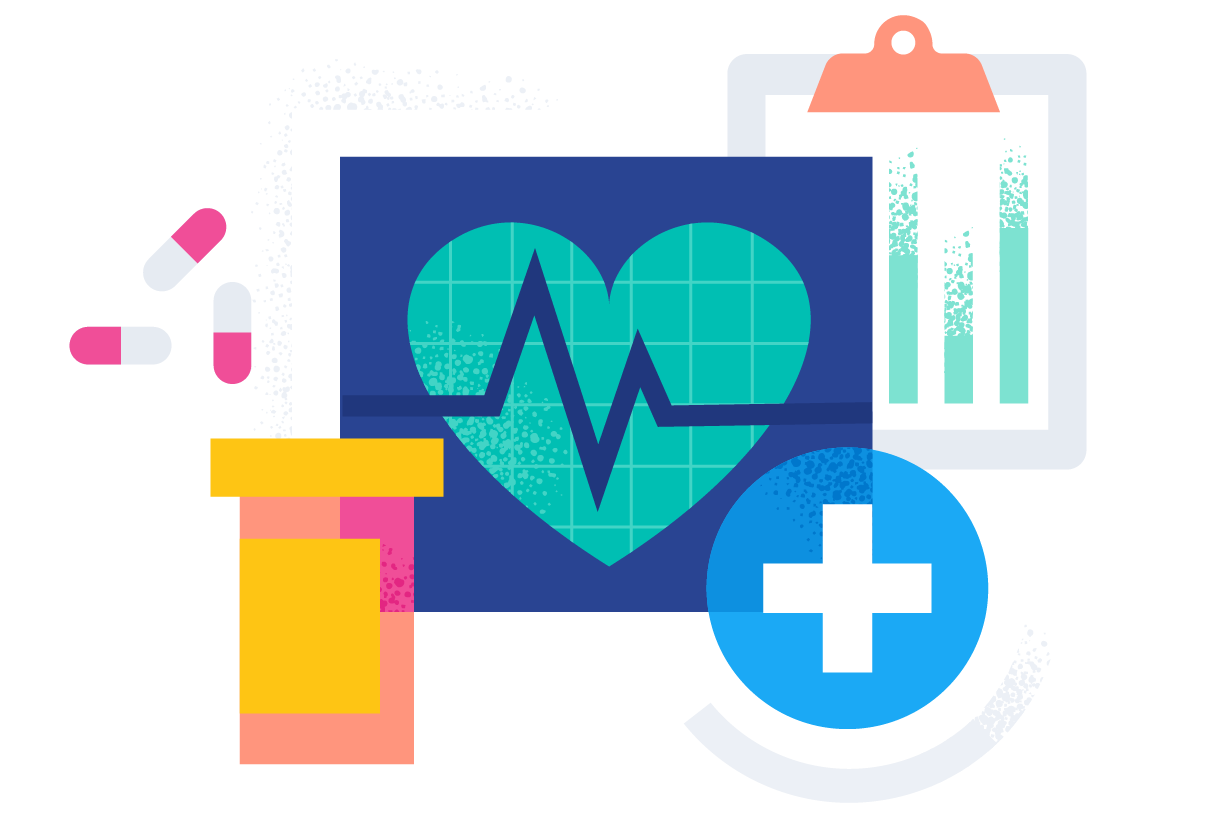Discover Just How Medical Care RCM Processes Transform Administrative Tasks Into Seamless Workflow
In the ever-evolving landscape of healthcare, Income Cycle Administration (RCM) procedures have actually become a crucial force in transforming management jobs right into smooth procedures. By harnessing advanced modern technology and improved methodologies, RCM offers an advanced approach to taking care of patient registration, payment, and asserts handling. These advancements not just reduce errors and enhance effectiveness however also increase capital and elevate individual fulfillment. Nonetheless, what exists under the surface area of this transformative shift? What detailed mechanisms and strategies are used to make certain such smooth integration? The solutions to these concerns are vital for comprehending the future of healthcare management.
Comprehending Healthcare RCM
Earnings Cycle Management (RCM) in healthcare is a crucial procedure that ensures the economic wellness of clinical institutions by overseeing the whole lifecycle of individual service earnings. It incorporates different management and medical functions, starting from the preliminary scheduling of a medical consultation to the ultimate collection of settlement for services rendered. Healthcare RCM. RCM is pivotal in managing the complexities of billing and compensations, making certain that healthcare providers get payment for their solutions efficiently and properly
A detailed understanding of RCM includes identifying the numerous components that make it effective. Trick aspects include person organizing, insurance confirmation, fee capture, claim entry, and repayment publishing. Each of these aspects calls for careful attention to detail and robust systems to mitigate mistakes that could result in earnings loss. Moreover, RCM is not solely concerning financial collections; it additionally intends to boost person fulfillment by decreasing invoicing errors and boosting openness.
The effectiveness of RCM rests upon the smooth assimilation of innovation and human source knowledge. Employing sophisticated software services makes it possible for healthcare establishments to automate repeated jobs, thus lowering management problems. Additionally, skilled workers are necessary in browsing governing requirements and payer policies, making certain compliance and enhancing profits recovery.
Enhancing Person Enrollment
Enhancing patient enrollment is a basic step in improving the effectiveness of health care income cycle administration. It involves optimizing the initial communication between clients and doctor to ensure a smooth data collection procedure. Key parts include the precise capture of client demographics, insurance policy confirmation, and consent acquisition. By digitizing these processes with incorporated electronic wellness documents (EHR) systems, healthcare centers can reduce mistakes, minimize paperwork, and quicken client throughput (Healthcare RCM).
Automated systems help in confirming insurance policy eligibility in real-time, which not only lowers administrative worries but also enhances patient complete satisfaction by protecting against unforeseen payment concerns. In addition, pre-registration procedures enable individuals to full forms on the internet before their browse through, decreasing delay times and making it possible for team to concentrate on more facility tasks. This proactive strategy makes sure that all essential information is gathered and confirmed before treatment is offered, thus preventing hold-ups in succeeding billing and declares procedures.
Training staff to make use of these systems efficiently is crucial. It ensures that data access is consistent and accurate, cultivating a smooth transition from client enrollment to other revenue cycle processes. Eventually, improving patient registration lays the structure for an extra efficient, patient-centered health care distribution model.
Efficient Billing Solutions
Effective payment remedies are essential to optimizing medical care income cycle monitoring. They serve as the foundation for guaranteeing prompt and exact economic purchases in between clients, medical care carriers, and insurance business.
Additionally, efficient invoicing services equip medical care suppliers to provide transparent rates and invoicing information to individuals, fostering trust and boosting client fulfillment. Real-time payment systems allow healthcare team to offer instant responses on individual eligibility and out-of-pocket expenses, boosting the overall individual experience. These remedies additionally you could try these out permit seamless combination with electronic health and wellness documents (EHR), making sure that invoicing and professional details are in sync, minimizing management burdens on doctor.
Incorporating reliable invoicing remedies right into the earnings cycle administration framework not just maximizes functional effectiveness however also reinforces economic efficiency. By reducing errors, accelerating payment cycles, and enhancing person communication, health care companies can focus much more on delivering top quality treatment while maintaining monetary sustainability.
Optimizing Claims Handling

In the world of healthcare profits cycle monitoring, maximizing claims processing is crucial for keeping monetary wellness and functional efficiency. A structured insurance claims procedure lessens the time between solution delivery and settlement, consequently enhancing capital and minimizing the chance of mistakes. Efficient cases processing begins with precise paperwork and coding, which are important to guarantee that insurance claims are submitted without discrepancies that might bring about hold-ups or denials.
Leveraging advanced technology, such as automated insurance claims administration systems, can substantially improve the efficiency of this process. These systems are developed to automate repetitive tasks, track cases with each stage, and flag potential problems early. This not only decreases the administrative concern on personnel but also enhances the precision of submissions by lessening human mistake.

Enhancing Profits Collection

Moreover, denial monitoring plays an important duty in making best use of profits collection. Identifying patterns in insurance claim denials, understanding origin causes, and applying restorative actions can dramatically decrease persisting problems, therefore improving cash money flow. Companies must purchase durable analytics devices that assist in in-depth reporting and evaluation, allowing them to attend to and correct rejection fads without delay.
Timely follow-up on exceptional claims is one more important element of earnings collection. Developing a methodical approach to keep an eye on and pursue aged accounts makes sure that no earnings is left unclaimed. Employing specialized team or automated systems to track these cases can enhance efficiency and make certain consistent cash inflows.
Verdict
Health Care Income Cycle Management (RCM) procedures dramatically enhance management efficiency by integrating innovative technology and human expertise (Healthcare RCM). The automation of patient click this site enrollment, invoicing, and asserts processing speeds up and lowers errors cash circulation, ultimately boosting individual contentment via real-time insurance coverage verification and transparent payment. By guaranteeing smooth operational circulation, RCM enables health care service providers to focus on high quality care while optimizing earnings recuperation and keeping economic security, therefore changing management jobs right into efficient, streamlined operations
Revenue Cycle Administration (RCM) in healthcare is a critical procedure that makes sure the economic wellness of clinical establishments by looking after the entire lifecycle of client service profits.Streamlining patient enrollment is a basic action in boosting the effectiveness of health care profits cycle management. It includes enhancing the preliminary communication between individuals and medical care carriers to ensure a smooth data collection procedure.Moreover, efficient invoicing services empower medical care service providers to offer clear rates and payment information to clients, cultivating depend on and improving individual fulfillment. Real-time billing systems allow medical care staff to offer instant responses on person eligibility and out-of-pocket expenses, enhancing the overall client experience.